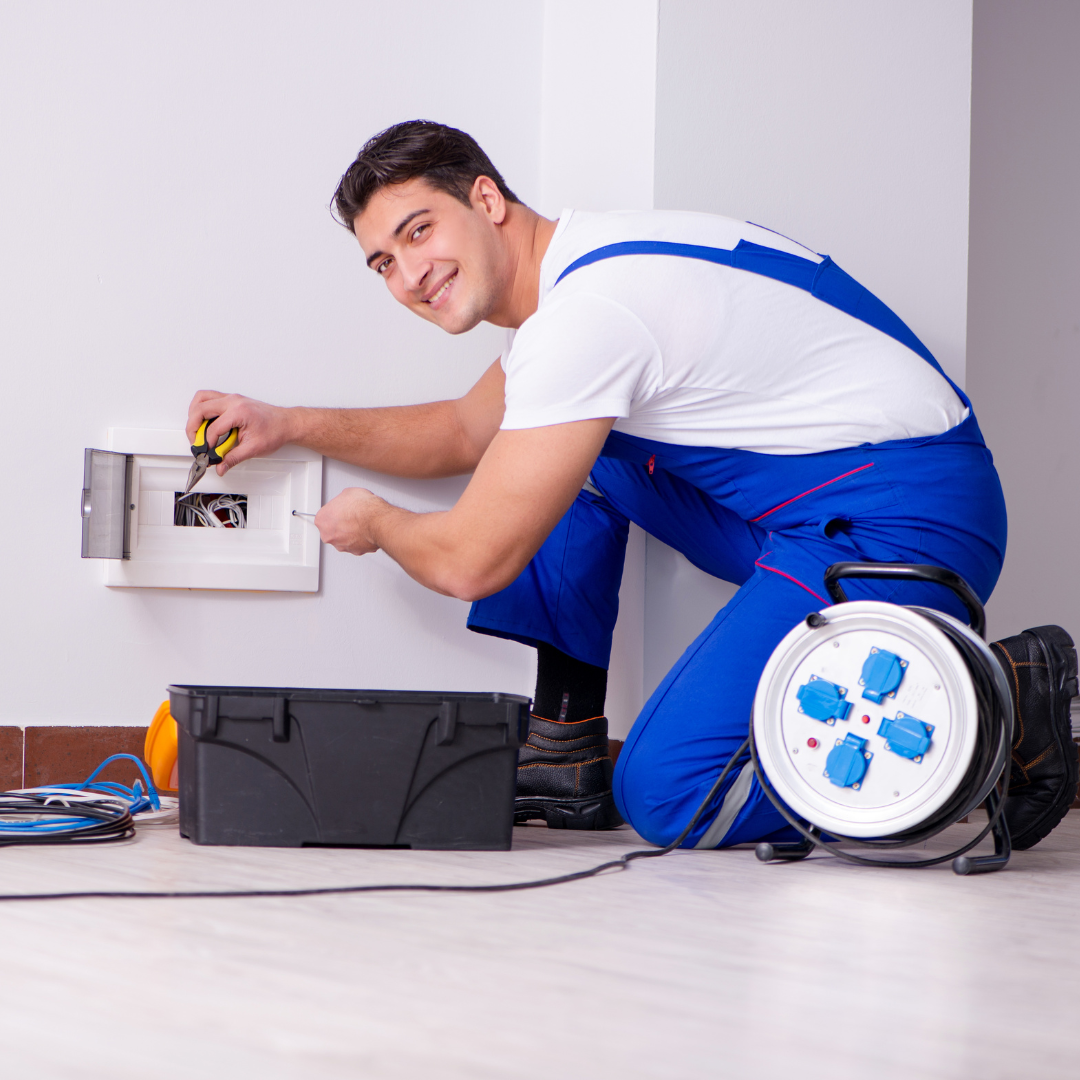Any job around the house can be a smart idea, but electrical work requires extreme caution and preparation. Home electrical repair is a potentially dangerous profession that requires years of training before qualified individuals can perform it.
Doing your own electrical work, no matter what it is, can be a bit risky. Electrical work is somewhat dangerous, but if you mess up, you can end up seriously hurt or even dead. That’s why it’s important to know a few important things before doing any electrical work in your home. In order to avoid unwanted mess, it is better to contact an electrician to get things done. You can look for quality services like Hopkins electrical installation, repair, and maintenance work (if you are from Hopkins) provided by a reputed local service provider.
Here are the things to know before doing the DIY electrical job.
Use GFCI outlets whenever possible.
Before you get started on any electrical project, be sure that the outlets you are using are GFCI-protected. This is an essential safety precaution when handling electricity. In 2010, 2,900 people were treated in U.S. hospitals for accidental electrocution, according to the National Electrical Manufacturers Association. Use GFCI outlets whenever possible, and cover all outlets in rooms where children are present.
Cutting wires too short can lead to problems down the road.
You can avoid this mistake by ensuring you have the correct tools and materials. Once you have everything in place, you’ll also need to know the basic steps for wiring your home and apartment correctly. Before doing any DIY electrical job, you need to know what wire size you need to use. It’s dangerous to cut wires too small since you could inadvertently cause a short circuit. The wires you should use are identified by their size, with 14 AWG being the smallest and 12 AWG being the largest. Electrical wiring is not something you want to tackle yourself. Even the smallest mistake can have serious results. So, call up professionals delivering electrical services when you’re not sure of how to go about wire cutting or other such repairs. You do not want to be electrocuted because of short wiring or pay hefty bills because of it later.
Basic wire stripper
If you’re doing any DIY electrical work, you should do yourself a favor and invest in a good wire stripper. Wire strippers are an indispensable tool for stripping the ends of wires, tightly enough to prevent fraying but not so tight that you snap off the insulation.
Circuit tester.
A circuit tester is an important gadget to have. It can help troubleshoot any electrical problem in your circuit breaker box. The tester consists of a voltmeter that measures the voltage of the circuit line and an ohmmeter that measures the resistance. Circuit testers are also called multimeters.
Using different wire gauges.
Anyone who wires their own house knows that sometimes a little knowledge is very dangerous. Many do-it-yourselfers assume that electrical wire is the same regardless of gauge, but that’s not the case. A 20-gauge wire will not provide the same voltage as a 14-gauge wire, for example. Learn about the wire gauges that electricians use on wires and why they use them. However, if you lack knowledge in this department, it could be beneficial to talk to a professional. A company that provides services such as Electrical Installation in Baton Rouge (or for other locations) could be more capable to deliver guidance and facilities related to electrical wiring.
Push-in wire connectors.
Push-in wire connectors are one way to connect wires, and while it is a fast solution, there are a couple of things to keep in mind in order to do it correctly. The most important thing is to make sure you put the connector on straight. Easy to do, right? Wrong. There are usually little labels on the connector to help you, but they can be hard to see, and the connector will rarely be straight. Also, tighten your connections entirely, not just until you hear a click. Leaving any slack in the connection can cause a short circuit, which is not good.
Make sure your electrical box is big enough.
Before starting your next DIY project, ensure you know the basics about electrical boxes. Some DIY projects require you to install electrical boxes. These boxes have built-in insulation and spaces where the wiring can be attached and wired. These boxes are necessary, and without them, your project would risk short-circuiting.
Don’t install the wrong cover on an outdoor receptacle.
Sometimes when you’re DIYing, you’re not always looking at the big picture, and you end up missing something or putting the wrong cover on a receptacle. Low voltage devices are tricky. Even a small mistake can be dangerous, and that mistake can be very costly. It happens all the time and is something you don’t want to make.
Make sure to secure all cables.
Are you new to DIY electrical work? If so, it’s a good habit to make sure you secure all cables. This may seem obvious, but you’d be surprised how many people don’t secure cables. When a cable isn’t secured, there is an increased risk of accidents, which can hurt workers, damage property, and even lead to serious injury. Since electrical hazards are so deadly, many people often leave this job to an experienced Electrician Caulfield, or elsewhere, rather than doing it themselves.
Electrical work is something most people want to avoid doing it by themselves. According to a recent survey, 55% of homeowners have avoided home repairs in the past 12 months. If that sounds like you, you might want to take tips from homeowners seeking to do electrical work themselves.

